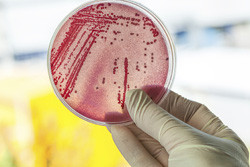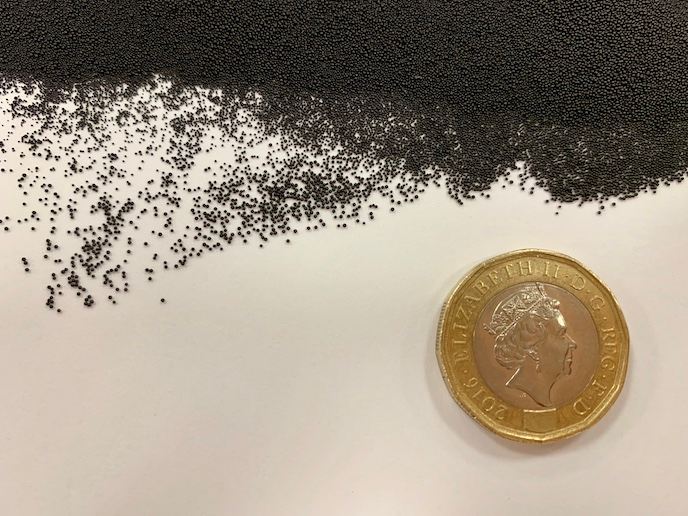Bacteria: New source of anti-fungal agents
Over the past years, the number of infections has risen due to the emergence of drug-resistant pathogens. Invasive fungal infections are also increasing in frequency in all developed countries, and hamper the outcome of successful surgical procedures. Although for the average person athlete's foot and vaginal thrush are considered superficial infections, when it comes to immunocompromised individuals they can pose a serious health threat. Research into innovative anti-fungal solutions has focused on compounds produced by soil-dwelling actinomycete bacteria. Actinobacteria can live symbiotically in ants and endow them with anti-fungal activity. Although a few anti-fungal compounds have been identified, a significant amount of the actinomycete metabolites remain largely unexplored. With this in mind, the EU-funded 'Mining for new antimicrobials in ant associated actinomycetes' (ANT) project set out to discover novel naturally occurring compounds with anti-fungal activity present in ant-associated bacteria. In this context, researchers isolated actinomycetes from ants and performed high-throughput screening analyses. They found two classes of compounds in Streptomyces strains with excellent anti-fungal activity, and proceeded with their chemical characterisation. Through a process referred to as genome mining, they went a step further to identify the genes that are implicated in the biosynthesis of these compounds. Understanding the regulation of compound biosynthesis should help in the design of strategies for increasing their production. Apart from determining the antimicrobial role of actinomycete-producing compounds, the activities of the ANT project extended to the identification of novel natural compounds. Given the medical importance of fungal infections, innovative solutions — especially in the form of natural compounds — could provide the solution when chemically synthesised antibiotics fail.







